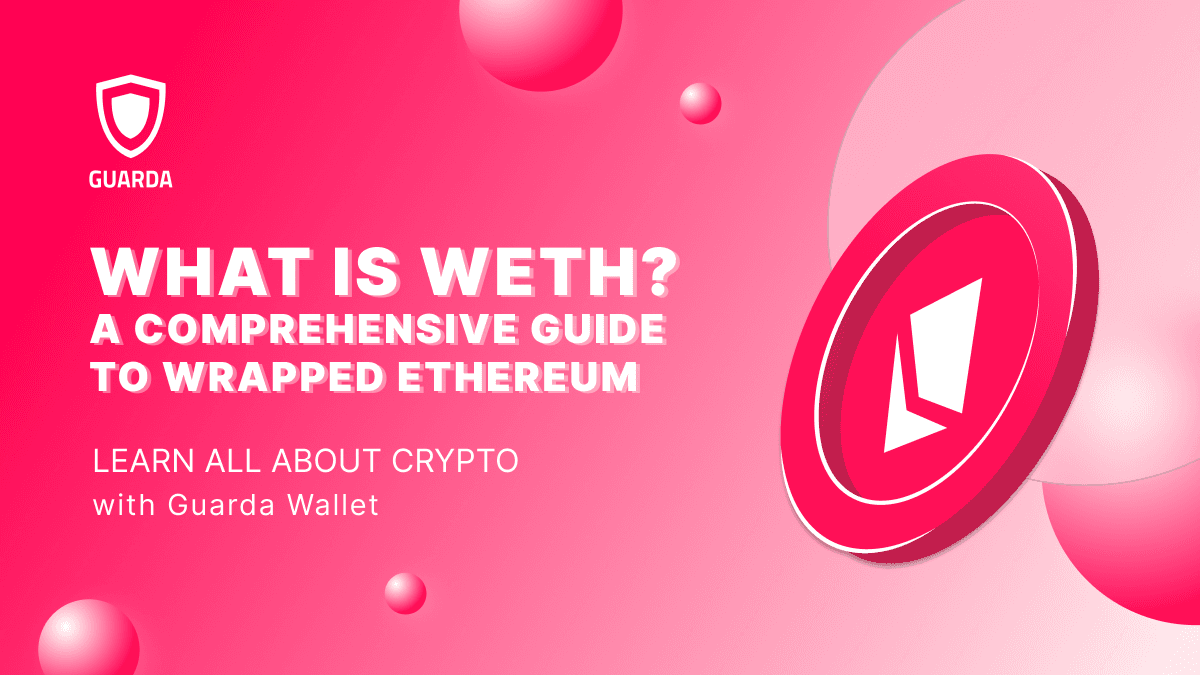What is a coin, a token, and how you tell the difference between them?
Basically, both coins and tokens are cryptocurrencies. But while coins have their own blockchain system designed especially for them, tokens don’t have any, they live on another coin’s blockchain and benefit from it.
Example: Bob has been working on his cryptocurrency from scrap, thinking over every line of code of his very own blockchain system, working over unique features, adding advanced security measures, which results in him releasing his very own cryptocurrency. That’s a coin.
Alex looks at Bob’s blockchain and sees that Bob’s created a really good system that can be applied in my business. For example, Alex owns a private security company specializing in surveillance systems, and the analysis of the streaming videos needs to be done quickly, but he doesn’t have so many powerful computers, and getting them is really expensive. So Alex takes the blockchain system that was created by Bob, creates crypto based on his blockchain, and creates an app via which users can let his neural network use their GPUs to process these videos, and those who do this get some of it as a reward for their help. Since they get that crypto, they may use it as they wish: buy stuff, exchange on other currencies, keep, etc. Since that crypto is based on Bob’s blockchain, it’s a token.
What about usage and storage?
Both tokens and coins have a wide range of usage, and mainly these ways are set up by the community of the particular coin/token, but the main ways are:
- Keeping the currency in a wallet
- Exchanging currency on other ones or fiat money
- Buying stuff via cryptocurrency
But the cryptocurrency should be stored somewhere. Where the crypto is stored is called a wallet. There are major types of it: Hardware wallet. It looks like an ordinary USB-flash drive, but with a display and some navigation buttons. Pros: security (the wallet is encrypted and you set up a PIN to unlock it), mobility, compactness. Cons: cost ($70-150 on average), needs additional software to be installed on the device it’s connected to.
Types of wallets
- Desktop wallet. A simple application for a PC, which stores cryptocurrencies. Pros: highly customizable (there’re many wallet apps, so everyone can find the one fitting personal tastes), some wallet apps give a possibility to store different cryptocurrencies in one place, convenient backups in case you might want to change the device of storage, price (mostly free). Cons: less secure (especially if the storage device is not secured), much more risk of losing all your coins/tokens if your PC dies
- Mobile wallet. It’s like a desktop wallet, but the app is installed on your smartphone. Pros: convenient (especially if you use crypto on a daily basis), most have a convenient QR-code scanning feature. Cons: if you lose your phone, you’re likely to lose all your crypto savings, mobile phones can be picked up even easier than PCs
- Paper wallet. Basically, it’s a piece of paper with your private and public keys. Pros: hacker-proof (no one can hack a piece of paper), nothing stored online, you control all the keys for your wallet. Cons: Can be easily destroyed or damaged (can lead to the loss of the whole wallet, not convenient for everyday use, can be hard to use for novices
- Web wallet. A type of wallet is stored on a web site. Pros: Can be used from any platform, doesn’t require any special or even powerful hardware to work. Cons: it’s considered to be the most insecure kind of wallet since the whole wallet is stored online, in most cases if you forget your username/password/both you lose your wallet unless you’ve set up account recovery in advance
But not every wallet found on the Internet can be trusted. Since there’s a big blank space in most people’s knowledge of crypto and Internet security, some people might spread malware by pretending to spread software for securing crypto. So, always read up about software you want to use.
Multi-platform wallets
You might have noticed that in different categories of wallets there are the same names. That means that this particular wallet is available on different platforms, which makes it much more convenient to use. For example, you can perform trading operations on your PC via a desktop client and pay with crypto in everyday life with your smartphone.
There are not so many wallets that run on all three major platforms: desktop, mobile, and web. And it’s risky to choose the one because despite the convenience there are some security issues. But one of the wallets that won’t load a user up with thoughts about privacy is Guarda wallet. Guarda has got apps for all platforms, a web app and even an extension for Google Chrome – everything for the user’s convenience. And if there’s a need of creating a token for personal needs, there’s a convenient way to create it right in the app.




